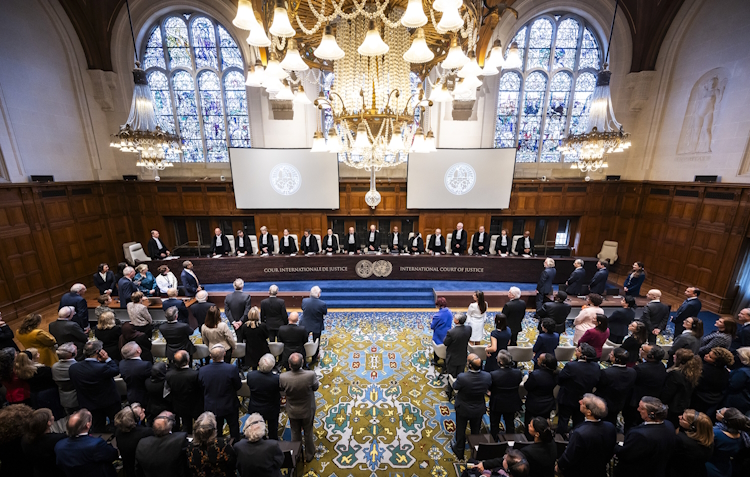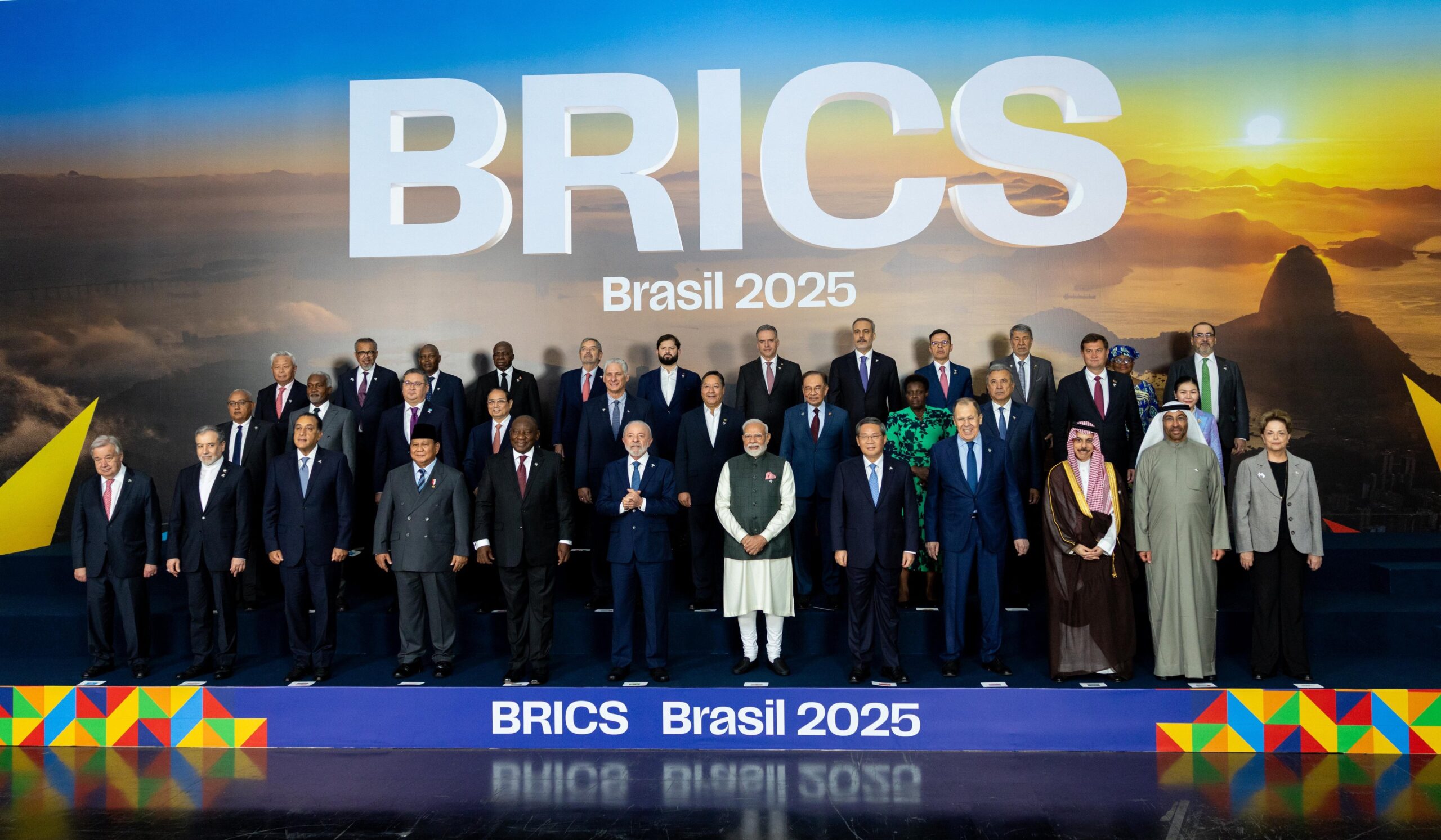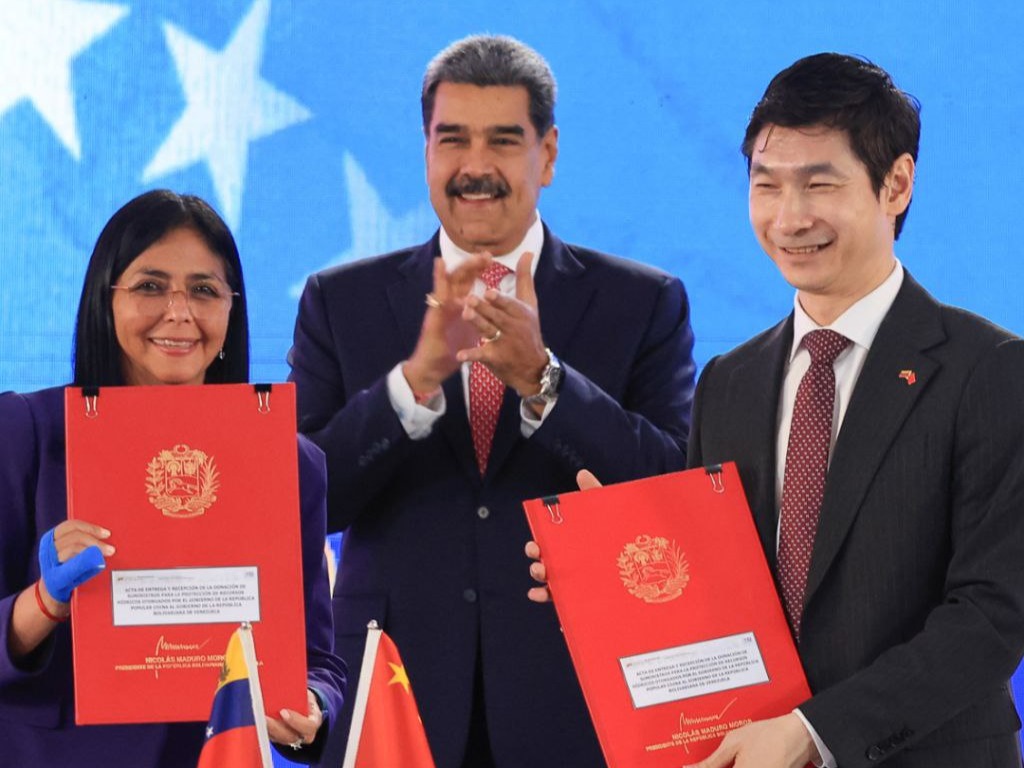Members of the International Court of Justice. Photo: UN Photo/ICJ-CIJ/Frank van Beek.
Guacamaya, May 2, 2025. On May 1, the International Court of Justice (ICJ) reaffirmed its previous decision prohibiting Venezuela from holding elections or any similar activity in the disputed territory of Essequibo, which is currently administered by Guyana. While Caracas does not recognize the ICJ’s authority and maintains its historical stance, Georgetown welcomes the ruling and is bolstering its military capabilities amid rising tensions in the region.
The conflict between Venezuela and Guyana over the Essequibo region has taken another turn following the International Court of Justice’s (ICJ) decision issued on May 1. The court unanimously upheld the provisional measures imposed in December 2023, which bar Venezuela from organizing elections or any electoral activities in the disputed area. The decision was supported by a majority of 12 votes in favor, with 3 against. The elections for “Guayana Esequiba” include candidates from both the ruling party and a faction of the opposition.
Guyana’s President, Irfaan Ali, expressed satisfaction with the ruling, stating that it reaffirms his country’s commitment to international law. From Guyana’s perspective, the 1899 arbitral award granting it control over Essequibo remains fully valid and binding. On the other hand, Venezuela rejects the decision, arguing that it was obtained under deceptive circumstances that undermined its rights over the region.

Venezuela’s Vice President, Delcy Rodríguez, responded on behalf of the government: “Venezuela does not recognize the ICJ’s jurisdiction in this matter, as it relies on its Constitution and the 1966 Geneva Agreement.” Caracas maintains that any resolution to the dispute must result from direct dialogue between the two countries, as stipulated in the agreement, which favors negotiated solutions over rulings imposed by a court.
As the conflict continues, significant figures regarding Guyana’s military spending have emerged. The Stockholm International Peace Research Institute (SIPRI) reported that Guyana, with support from the United States and the United Kingdom, saw the largest increase in military expenditure since 2023—a staggering 78% rise, equivalent to $202 million. This increase is attributed, according to the report, to border tensions with Venezuela. Internationally, total military spending rose to $2.7 trillion, marking the largest increase since the end of the Cold War.
The ICJ’s ruling, coupled with Guyana’s military buildup, comes amid growing militarization in the region, with Venezuela and Guyana’s positions becoming increasingly irreconcilable. These developments have raised international concerns over the potential for further escalation in this territorial dispute.







